Evidence and research about writing: EYFS and beyond
References and resources about cursive and joined up handwriting On our Cursive and joined up writing are not in the EYFS and Cursive and joined up writing in early
When we talk about pedagogy in the early years, we mean how we teach, or all the things that adults do to foster children’s learning and development. It covers a broad range of actions and activities, as the following quote illustrates:
Teaching in the early years should not be taken to imply a “top down” or formal way of working. It is a broad term that covers the many different ways in which adults help young children learn. It includes their interactions with children during planned and child-initiated play and activities, communicating and modelling language, showing, explaining, demonstrating, exploring ideas, encouraging, questioning, recalling, providing a narrative for what they are doing, facilitating and setting challenges. It takes account of the equipment that adults provide and the attention given to the physical environment, as well as the structure and routines of the day that establish expectations. Integral to teaching is how practitioners assess what children know, understand and can do, as well as taking account of their interests and dispositions to learn (characteristics of effective learning), and how practitioners use this information to plan children’s next steps in learning and to monitor their progress.
Ofsted Early Years Inspection Handbook, 2021
The role of the adult is crucial, and their ability to establish positive relationships with children:
Warm, trusting relationships with knowledgeable adults support children’s learning more effectively than any amount of resources. Follow the child’s lead to the meeting of minds. Tuning in, observing and wondering come first. A knowledgeable practitioner can decide when to stand back, when to interact, and what to offer the child. Learning together with adults and with other children is important across all contexts.
Birth to 5 Matters non-statutory guidance
Observation, assessment and planning are at the core of effective early years pedagogy.
For a more in depth exploration of aspects of early years pedagogy, you can:
To receive our termly Early Education Journal, with each issue focusing on an aspect of early years pedagogy
Find out moreJoin one of our courses or events to learn more about early years pedagogy
Find a courseReferences and resources about cursive and joined up handwriting On our Cursive and joined up writing are not in the EYFS and Cursive and joined up writing in early
The Families’ Access to Nature Project was undertaken by the Froebel Trust and Early Education between October 2021 and January 2022. Children, their parents, and
Here is a list of books and resources compiled by Anni McTavish to support feelings and behaviour. Reference books Why Love Matters – how affection
Who was Friedrich Froebel (1782-1852) Born on 21 April 1782 Friedrich Froebel was a German educator who invented the kindergarten. He believed that “play is
Updated Jan 2019 Using ICT in early childhood education Analysis: computers benefit children (October 2010) by John Siraj-Blatchford in Nursery World Technology in early childhood education:
Having a voice There may be many reasons why young children do not have a voice. Perhaps they There could be many more reasons. Loss
Here are some links to resources to support your play. Loose parts play tookit is such a rich and comprehensive free publication from Inspiring Scotland to
Teaching maths in early years What does maths in the early years look like and what does it mean to teach it? Cathy Gunning explores
Messy play provides so many explorative and investigative experiences, which promote so many of the characteristics of effective learning. Some easy ideas to start you
When writing our January Early Years Teaching News, I tweeted a survey to ask if practitioners and leaders would like information about ICT or outside
The following extracts from past early years teaching newsletters have a feature which supports your team dialogue around pedagogy and practice dilemmas and reflective practice.
Clare Devlin, Early Education Associate What aspects of physical development should we focus on within the Early Years Foundation Stage (EYFS) and other early years
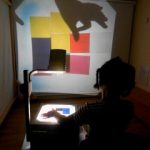
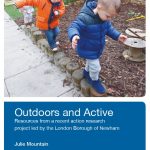
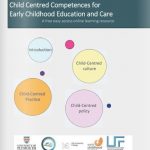
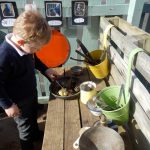
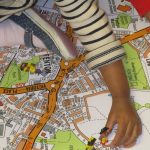
Welcome to our Early Education Pedagogic Podcasts (PedPods) featuring pedagogical conversations with early years leaders, teachers and trainers. All our podcasts are available to download for free.
Early Education
2 Victoria Square
St Albans
AL1 3TF
T: 01727 884925
E: office@early-education.org.uk